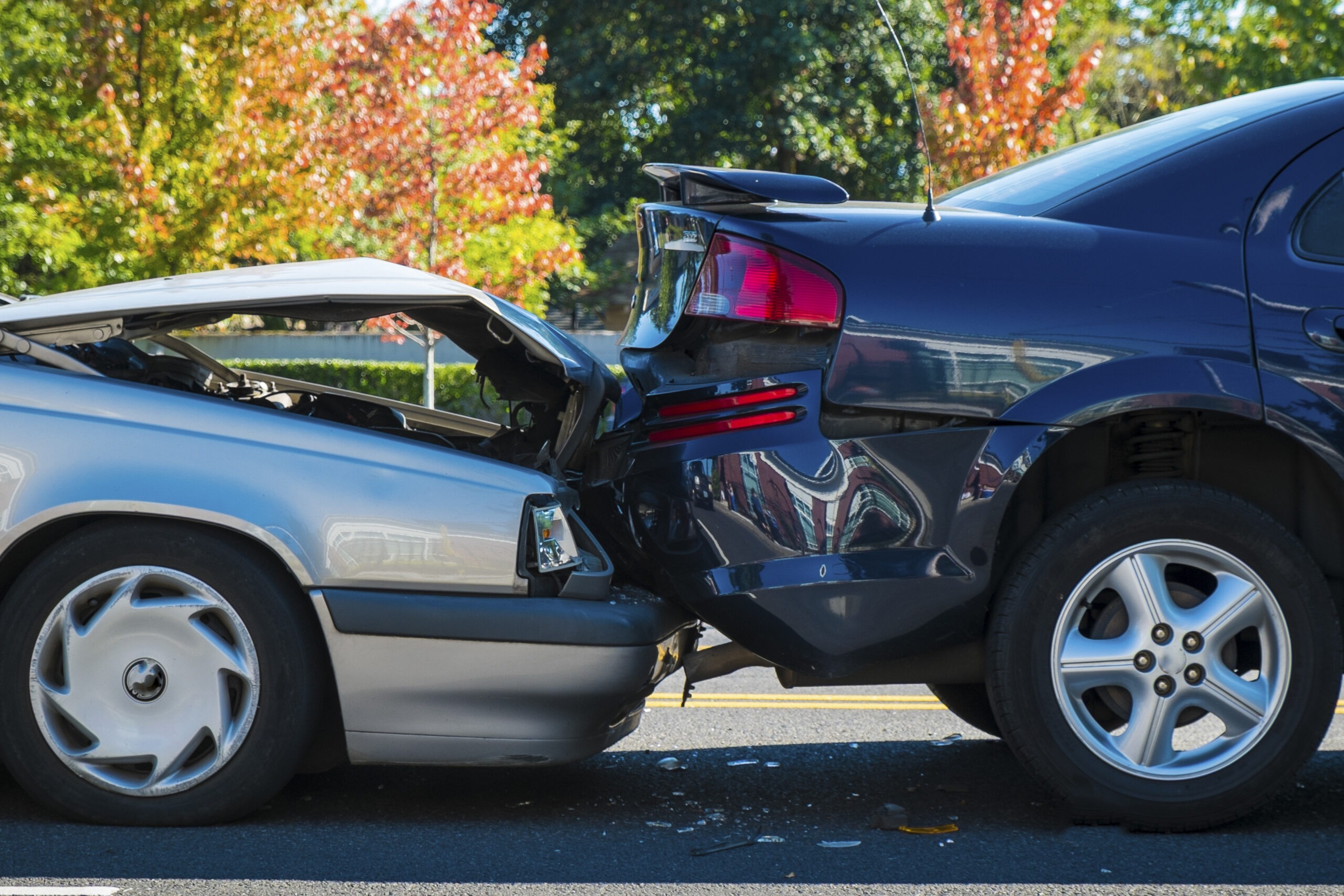Rear End Accidents
Request Free ConsultationRear end accidents are one of the most common types of crashes and can happen in heavy traffic, at red lights, or even in parking lots. These collisions often catch people off guard, and even low-speed impacts can cause painful injuries. If you were in a rear end car accident in Nashville, you might be able to get help covering your medical care, time off work, or other expenses caused by the crash.
What Causes Most Rear End Accidents
Rear end accidents happen for a lot of reasons, but they often come down to someone not paying attention or following too closely. People tend to assume these crashes are always simple, but that is not always true. Fault can be disputed, especially if multiple cars were involved or road conditions played a part.
Distracted Driving and Unsafe Following Distance
Looking down at a phone or following too close to the car in front can easily cause a rear end crash. When someone is not watching the road or leaves too little space, they often cannot stop in time. Even a split second of distraction or delay can cause a serious impact.
Rear-End Collisions in Congested or Slippery Conditions
Rear end crashes are also common in traffic, bad weather, or low visibility. Slick roads, heavy congestion, and fog can all make it harder to stop or react in time. When one driver slows suddenly, the next person in line may not have enough room or time to avoid a collision.
Identify the Injuries and Consequences That Can Follow
Even a low-speed rear-end accident can leave you with real pain and symptoms that take time to show up. Traumatic brain injuries, whiplash, and other soft tissue damage may not be obvious at first, which is why it is important to keep track of how you are feeling and speak up about new symptoms.
Under Tennessee Code Annotated § 55-10-107, drivers are required to report accidents that cause injury or damage, and that report can help protect your ability to seek help if your condition gets worse later.
Common Physical Injuries in Rear-End Crashes
Rear-end collisions often lead to neck pain, back strain, and concussions. In some cases, traumatic brain injuries are diagnosed after the fact, especially if the person lost consciousness or began showing memory or balance problems later on. Whiplash and soft tissue injuries are also common, even in crashes that happened at lower speeds.
Secondary Accidents from Initial Impact
Chain-reaction crashes are a real risk when rear-end collisions happen in traffic. One hit can push a vehicle into the next car or oncoming traffic. If drunk driving was involved, the risk of multiple impacts or serious injury is even higher. Call our experienced drunk driving accident attorney for a free consultation today. These crashes can quickly turn complicated, especially when several drivers or insurance companies are involved.
Watch for These Warning Signs After a Rear End Crash
Even after a minor crash, certain warning signs can show up in the days that follow. These can point to bigger issues with your health, your car, or your insurance claim. Writing down what you notice and holding onto documents or photos can help you avoid confusion later on.
Whether the crash involved multiple vehicles, pedestrian accidents, or a single rear end hit, these red flags are worth watching. Here are a few signs that something may need a closer look:
- New pain or symptoms showing up hours or days after the crash
- Car issues like pulling, strange noises, or trouble braking
- Emotional distress, trouble sleeping, or increased anxiety
- Conflicting information between your report and what the officer recorded
- Pushback from the insurance company about what happened or what treatment you need
If you notice any of these things, trust your gut and make a note of it. Even something small can be important when it comes to explaining how the crash has affected you or what you are still dealing with.

